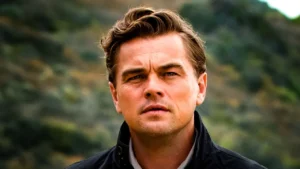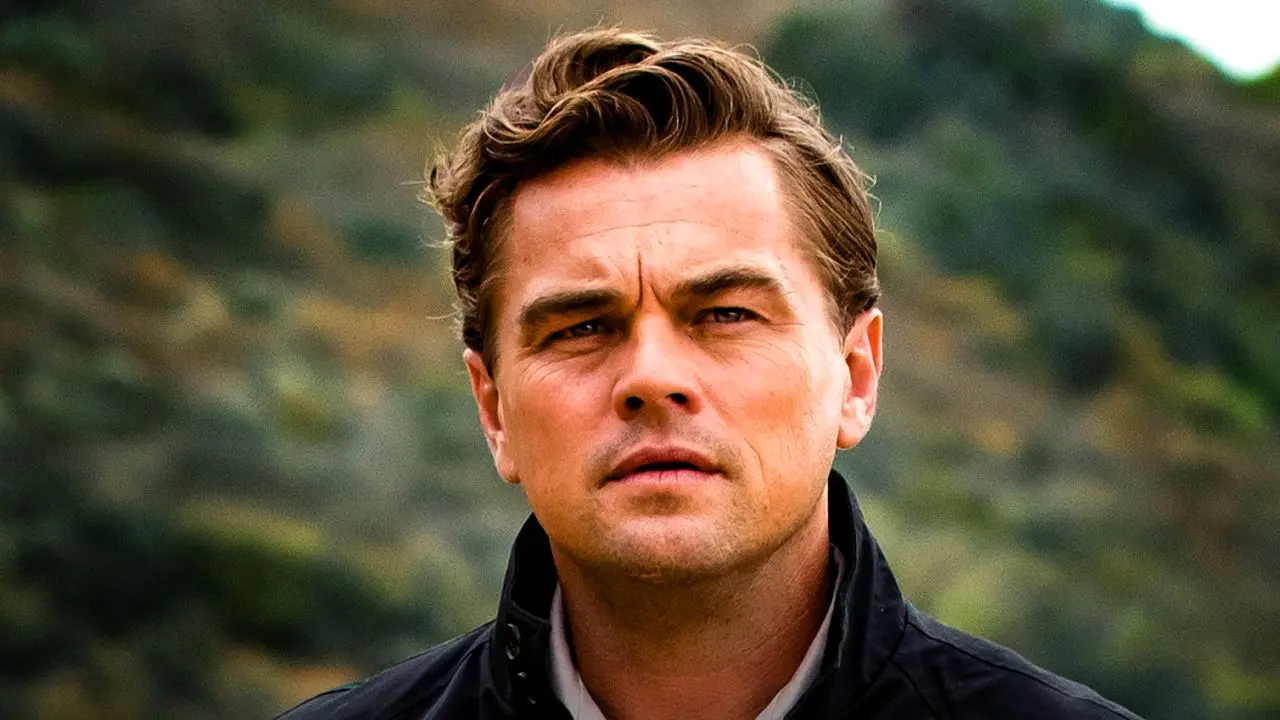Leonardo DiCaprio’s Acting Philosophy: A Deep Dive into the Mind of a Master Actor

Leonardo DiCaprio is often regarded as one of the greatest actors of his generation. His extensive career, spanning over three decades, includes unforgettable roles in films like Titanic, Inception, The Revenant, and The Wolf of Wall Street. Beyond his box office success and critical acclaim, DiCaprio has become known for his unique approach to acting—one that is both introspective and intense, grounded in authenticity and an unwavering commitment to his craft. In this article, we explore the acting philosophy of Leonardo DiCaprio, examining the principles that guide him, the roles he chooses, and the mindset that has propelled him to the top.
1. The Importance of Immersing in Character
One of the most defining aspects of DiCaprio’s approach to acting is his commitment to fully immersing himself in his roles. He’s known for dedicating himself entirely to the characters he plays, often undergoing intense physical and emotional transformations.
Quote:
“I want to immerse myself in the character as much as possible. I want to live in the skin of the character.”
— Leonardo DiCaprio
This philosophy is evident in his diverse roles. For The Revenant (2015), DiCaprio endured harsh physical conditions and learned survival techniques to bring authenticity to his portrayal of frontiersman Hugh Glass. In The Wolf of Wall Street (2013), he adopted the larger-than-life persona of stockbroker Jordan Belfort, immersing himself in the world of greed and excess. His transformation into each character is a testament to his belief that acting is not just a performance, but a complete embodiment of another person’s life and experiences.
2. The Quest for Authenticity
DiCaprio has often spoken about his desire for authenticity in his performances. He strives to avoid superficiality in his roles, preferring characters that feel genuine, real, and complex. For DiCaprio, it’s not enough to simply memorize lines or deliver a performance—he wants to tap into the deeper emotional currents of his characters.
Quote:
“I think the most important thing as an actor is to remain truthful, to remain authentic in your performance.”
— Leonardo DiCaprio
In his role in Catch Me If You Can (2002), DiCaprio played Frank Abagnale Jr., a young con artist who outwitted the FBI. Instead of portraying the character as just a charming trickster, DiCaprio brought a deeper layer of vulnerability and intelligence to the role, making Frank a far more complex figure. This dedication to truth and authenticity is what separates DiCaprio from many actors, ensuring that each of his characters feels grounded and true to life.
3. The Power of Collaboration
While DiCaprio is known for his dedication to his craft, he also places significant value on collaboration with directors, fellow actors, and the entire filmmaking team. He has worked with some of the most renowned directors in cinema, including Martin Scorsese, Quentin Tarantino, and Christopher Nolan, and he emphasizes how these collaborations shape his performances.
Quote:
“Acting is about collaboration, and it’s a lot about what you bring to the table with the other actors and how you work with the director.”
— Leonardo DiCaprio
DiCaprio’s relationship with director Martin Scorsese is a prime example of this collaborative spirit. Their partnership has resulted in several critically acclaimed films, such as Gangs of New York (2002), The Aviator (2004), The Departed (2006), and Shutter Island (2010). Scorsese’s guidance and DiCaprio’s willingness to take risks have produced some of the most memorable performances of his career. For DiCaprio, acting is not a solitary endeavor—it’s about connecting with others to create something greater than the sum of its parts.
4. Taking on Challenging Roles
DiCaprio is notorious for choosing roles that challenge him both as an actor and as an individual. Whether it’s playing a ruthless corporate shark, a vulnerable and emotionally charged character, or someone who faces insurmountable physical and emotional struggles, he seeks out roles that push him out of his comfort zone.
Quote:
“I tend to pick roles that scare me. I look for things that challenge me. If you’re not scared of the role, you’re not going to give it everything you’ve got.”
— Leonardo DiCaprio
In The Revenant, DiCaprio’s role as Hugh Glass pushed him to his physical and emotional limits. He famously went without speaking for long stretches of the film, relying on his body language and expressions to convey his character’s pain and resolve. Similarly, his portrayal of Jordan Belfort in The Wolf of Wall Street demanded a different kind of intensity—one that required him to embody unrestrained ambition and excess. DiCaprio doesn’t shy away from roles that might seem daunting; instead, he embraces them wholeheartedly.
5. A Desire to Make a Difference
In addition to his dedication to acting, DiCaprio is deeply committed to environmental activism. This is not just a side interest for him; it’s an integral part of his identity. His advocacy for climate change awareness has shaped the way he approaches his work and the types of projects he gets involved in.
Quote:
“I’ve always felt a sense of responsibility, because I feel like we have a platform to raise awareness. I’m an artist, and I believe my art can tell stories that spark change.”
— Leonardo DiCaprio
DiCaprio’s role in The 11th Hour (2007), a documentary about the state of the global environment, shows how his acting and activism can go hand in hand. He sees film as a tool for change and works to align himself with projects that challenge audiences to think about the world in a different way.
6. Constant Evolution as an Actor
Throughout his career, DiCaprio has demonstrated an incredible ability to evolve, taking on new challenges with each project. His range of performances—from the heartthrob in Titanic to the morally ambiguous characters in The Wolf of Wall Street and The Revenant—proves that he is constantly striving to grow as an actor.
Quote:
“The whole purpose of acting is to challenge yourself. I’ve always wanted to evolve as an actor and continue to be part of things that are meaningful.”
— Leonardo DiCaprio
For DiCaprio, acting is not just about playing different characters, but about evolving as an artist. He continually seeks to challenge himself, grow, and push the boundaries of what’s possible within the craft.
Conclusion
Leonardo DiCaprio’s acting philosophy is a reflection of his deep commitment to authenticity, his passion for collaboration, and his drive to continually challenge himself. Whether it’s immersing himself in a character, seeking roles that scare him, or using his platform for change, DiCaprio’s approach to acting goes beyond just performance—it’s a personal journey. His words and work demonstrate that for him, acting is not only a craft but a way to deeply connect with the world, himself, and the stories he tells. With each performance, DiCaprio reminds audiences why he remains one of the most respected and captivating actors in the world.




